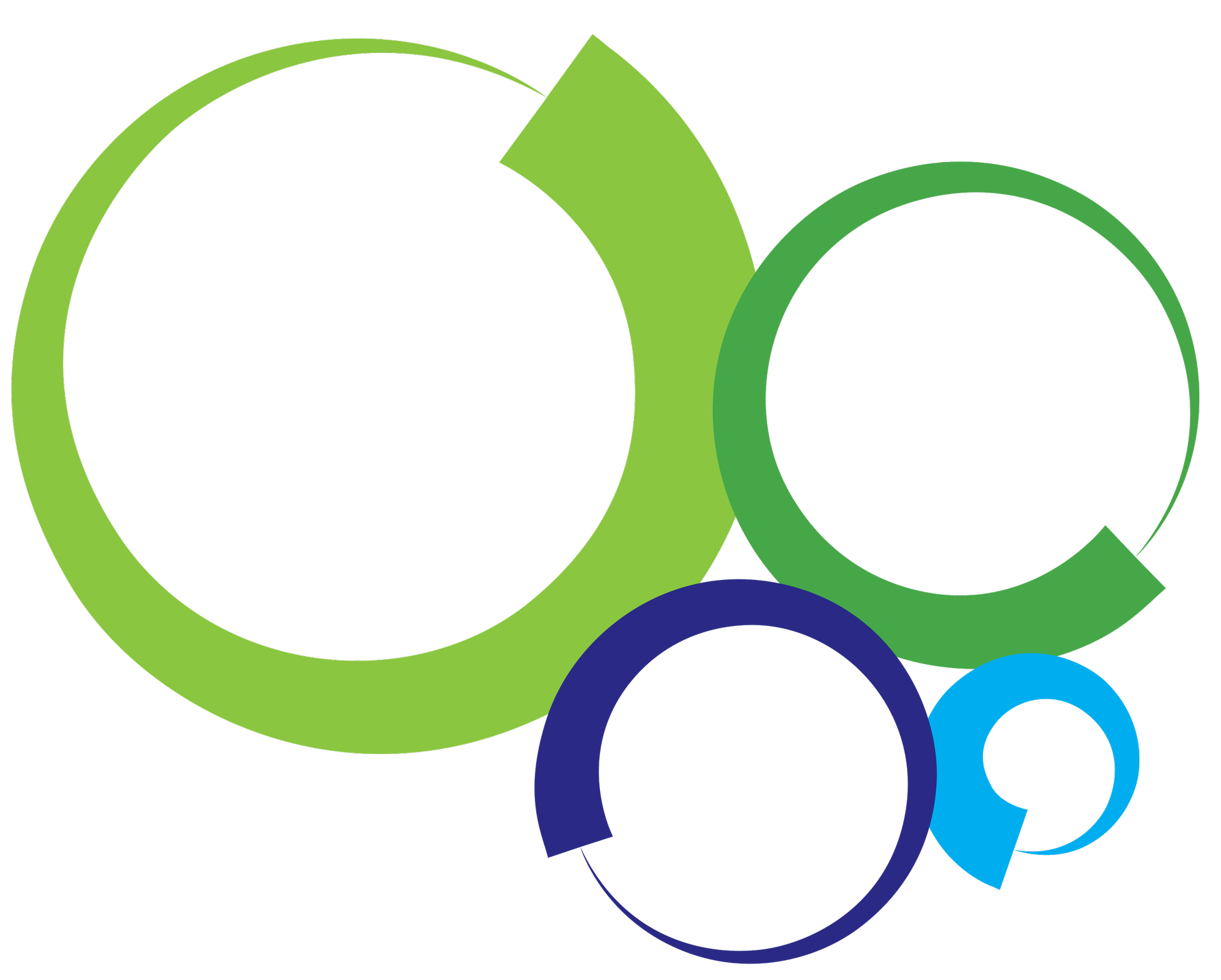Domestic, Family and Sexual Violence

Anyone in immediate danger should call the police on Triple Zero (000)
Domestic, Family and Sexual Violence (DFSV) is a major health and welfare issue in Australia, occurring across all socioeconomic and demographic groups but predominantly affecting women and children. DFSV is a complex issue involving multiple types of violence that go beyond the physical, including emotional and financial abuse and controlling behaviours. A report by the Special Taskforce on Domestic Violence in Queensland has identified many of those impacted by DFSV seek support from a primary healthcare professional as the first point of contact, with some GPs likely to be seeing one to two women per week who have experienced DFSV. Only one-third of women disclose their experience to their GP, and one in 10 women experiencing DFSV are asked directly by their GP.
The Care and Connect - DFSV program is funded by the Department of Health and Aged Care. It supports primary care to recognise the signs of DFSV, respond appropriately to that person’s needs, and make referrals to relevant agencies. The Care and Connect Program achieves this by delivering a two-pronged approach. The first is the Introduction to Domestic, Family and Sexual Violence – Recognise, Respond and Refer interactive training, through online or in-practice and additional self-paced e-Learning through Your Practice Portal. The second is the Care and Connect Linkers Program where Relationships Australia (NSW) have been engaged to provide direct support to primary care. The Care and Connect Linker can provide the practice with a range of support including:
- advice and information pertaining to DFSV
- case consultations
- up to date information on support groups
- assistance in uploading the GP DFSV Action Plan
- and more
How the program model works?
The Care and Connect Program has six influencing factors
- Care and Connect Linker - working to support primary care around all areas of DFSV within their practice, acting as the ‘conduit’ between the practice, patient, and support service(s)
- Workforce Capacity Building - the delivery of the Introduction to Domestic, Family and Sexual Violence training as a whole of practice approach, in addition to other relevant training, tools and resources
- Primary Care Role - creating a climate within the practice for disclosure including staff trained to look for signs and GPs asking routine questions
- Local Integration - identify and respond to challenges/gaps within primary care and the DFSV sector
- System Influence - inform of changes and processes to better respond to those affected by DFSV
- Evaluation, Design, and Iteration - collecting evidence through surveys and stakeholder engagement to inform further program outcomes and deliverables
How to access the training?
Improve how you identify and respond to patients experiencing DFSV. If your practice is interested in a free one-hour training, delivered at a day and time that suits you, visit the training opportunities page and complete the EOI form.
For more information about the Care and Connect Program, contact our Coordinator - Domestic Family Violence Programs or call 4708 8100.





